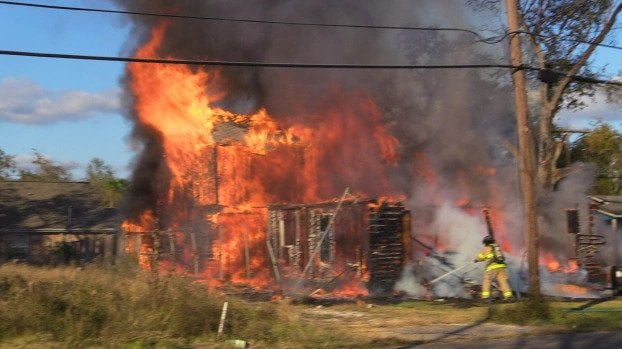A back-up power supply such as a genset is critical to replace overall electricity demand during loadshedding. However, it is vital that such important equipment is maintained properly and serviced regularly to be able to cope with such outages.
“The probability of something going wrong may be slim in the mind of the end user, but in the likelihood that it does, the consequences can be potentially disastrous and even fatal,” says ASP Fire CEO Michael van Niekerk.
The first issue is fuel supply. This can range from an integral tank at the base of the genset to a 2 200 litre Bulk to Farm (BTF) tank or a 210-litre drum. The presence of flammable liquids is an associated danger, especially in terms of refuelling and any spillages, so it is important to ensure that the storage of fuel is to code so that it does not pose a risk to the home or business’ generator.
Another issue is vegetation or combustible material encroaching on a genset, which can often be hidden away. The genset itself is a potential source of fire ignition due to the high temperatures of the manifold. If the genset is indoors, these temperatures can be considerable, especially if ventilation is inadequate.
Keeping the generator free of any combustible elements such as grass, weeds or litter is essential to reduce the risk of a genset fire. Proper maintenance is therefore essential. If an oil filter has not been screwed on tightly enough, for example, it can result in an oil leak. If oil sprays onto a hot manifold as a result, the oil will ignite, resulting in a fire.
Companies and individuals often lack the correct fire-fighting equipment to deal with genset fires. For example, a dry-chemical fire extinguisher will douse the flames, but not cool down any hot surfaces. A carbon-dioxide fire extinguisher, on the other hand, might cool down the overheated genset itself, but this can damage any equipment due to thermal shock. Foam based fire extinguishers are able to cool hot spots that may re-ignite fuel and the foam blanket will smother the fire, rapidly extinguishing it.
Gensets not only supply standby power but are essential to the day-to-day operations of institutions such as financial services and medical care. Hospitals, for example, will often have back-up gensets, all in the same room. If a fire breaks out in one genset, the rest of the equipment is immediately at risk.
All fire-suppression systems with mechanical activation should be inspected monthly. Gensets should by rights be started up at least once a week to ensure the batteries are charged adequately. A cursory visual inspection will also reveal any potential problems or issues.
In terms of regulations and specifications related to gensets, such enclosures are classified as D4 for certain minimum fire-proof requirements, including a specific fire rating for the walls. If the gensets in a building are not located in a purpose-built room and are hidden away in a basement next to parked cars, for example, it is a clear violation of the regulations.
“It is all about risk mitigation, based on how integral the genset is to the business in question. While it is essential for financial service providers and hospitals to invest in the best systems possible, smaller end users also need to look at the impact of genset failure or fire on their businesses,” concludes van Niekerk.
Connect with ASP Fire: https://www.linkedin.com/company/asp-fire-pty-ltd/















